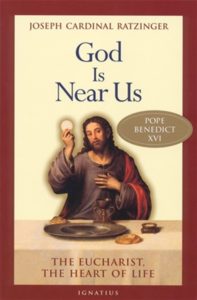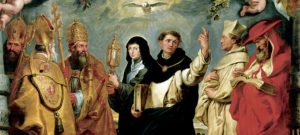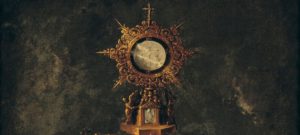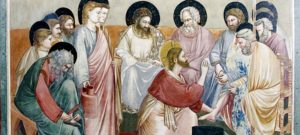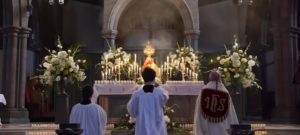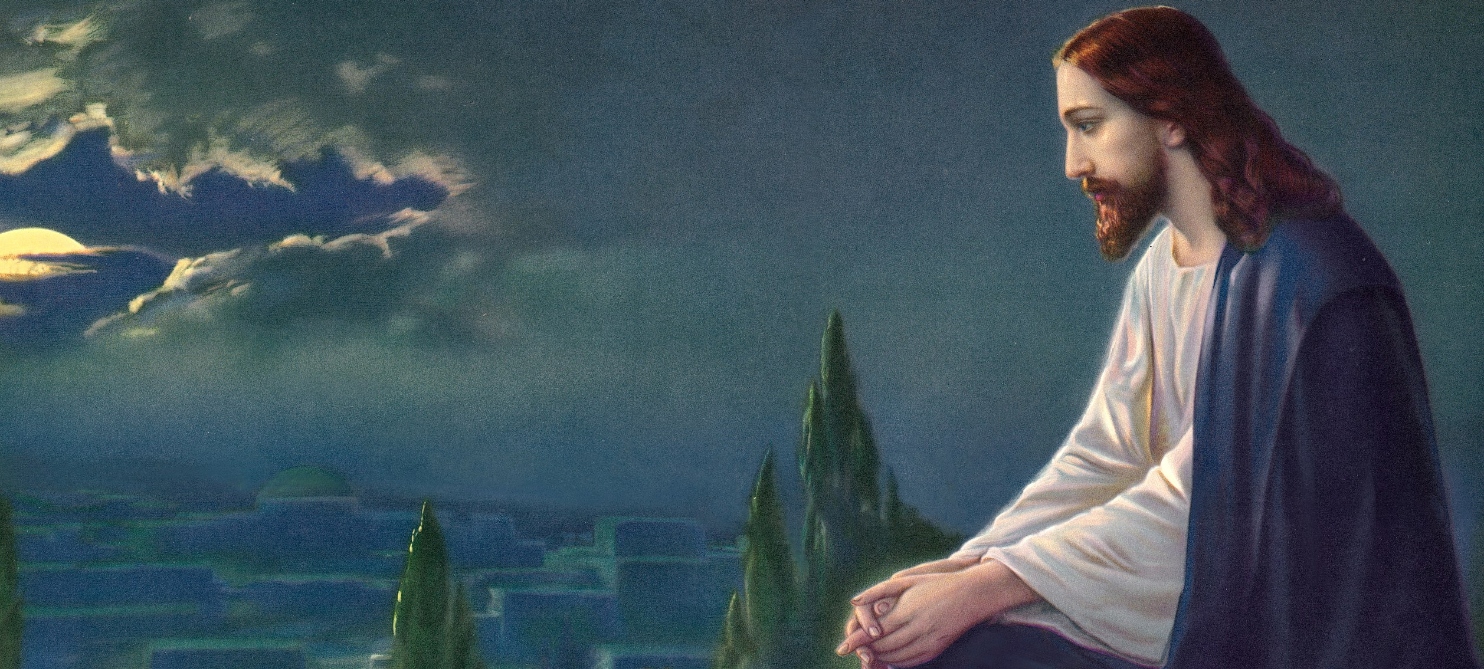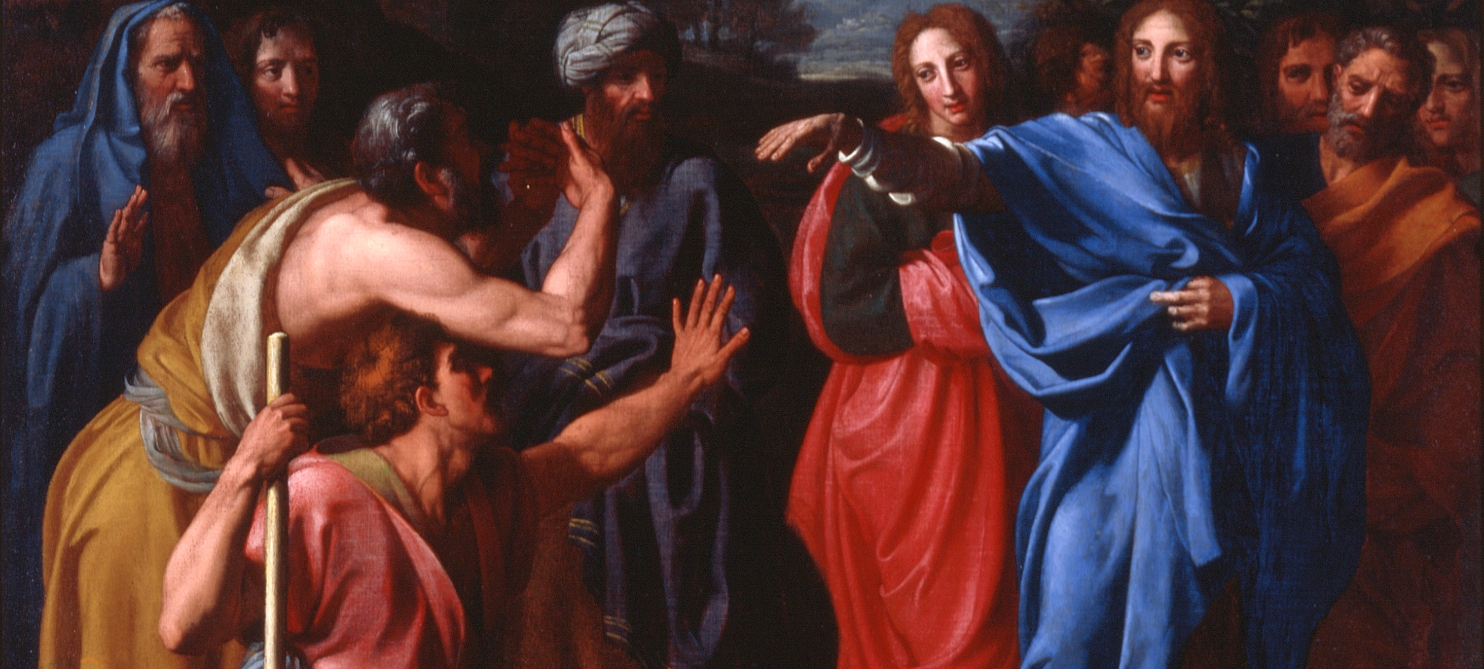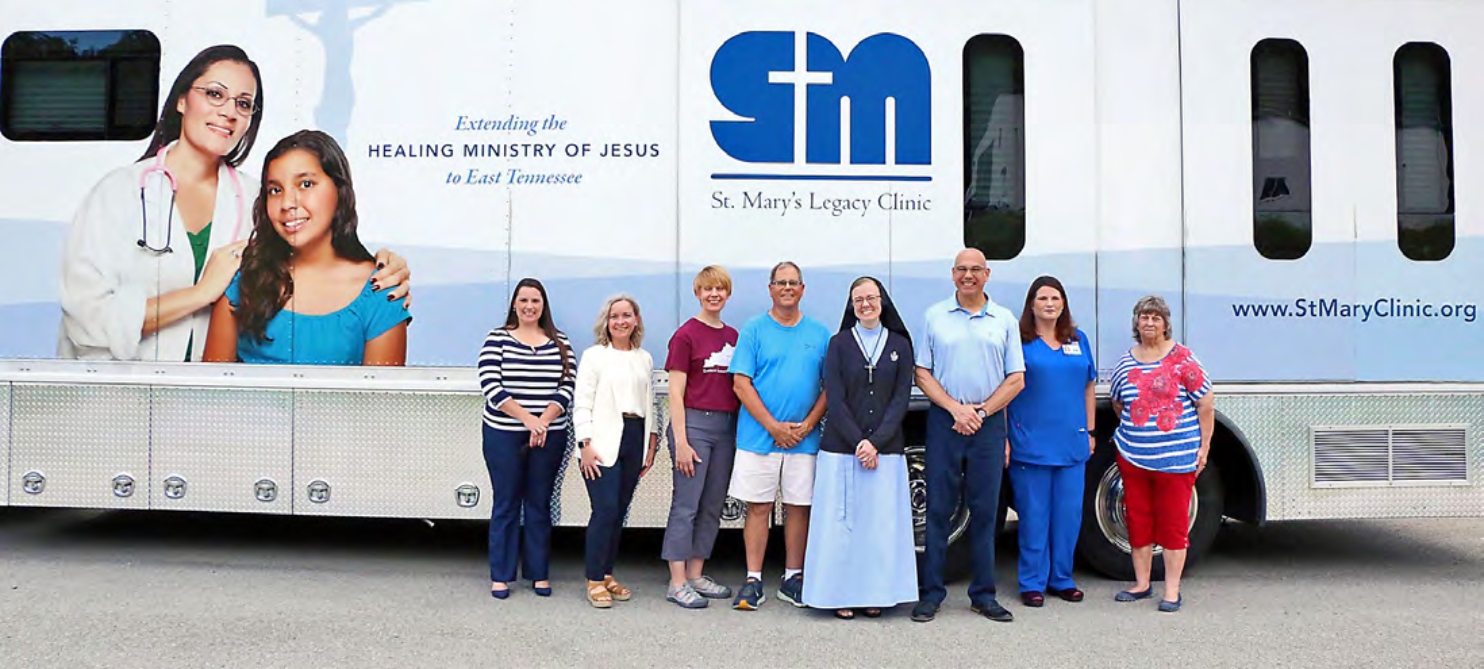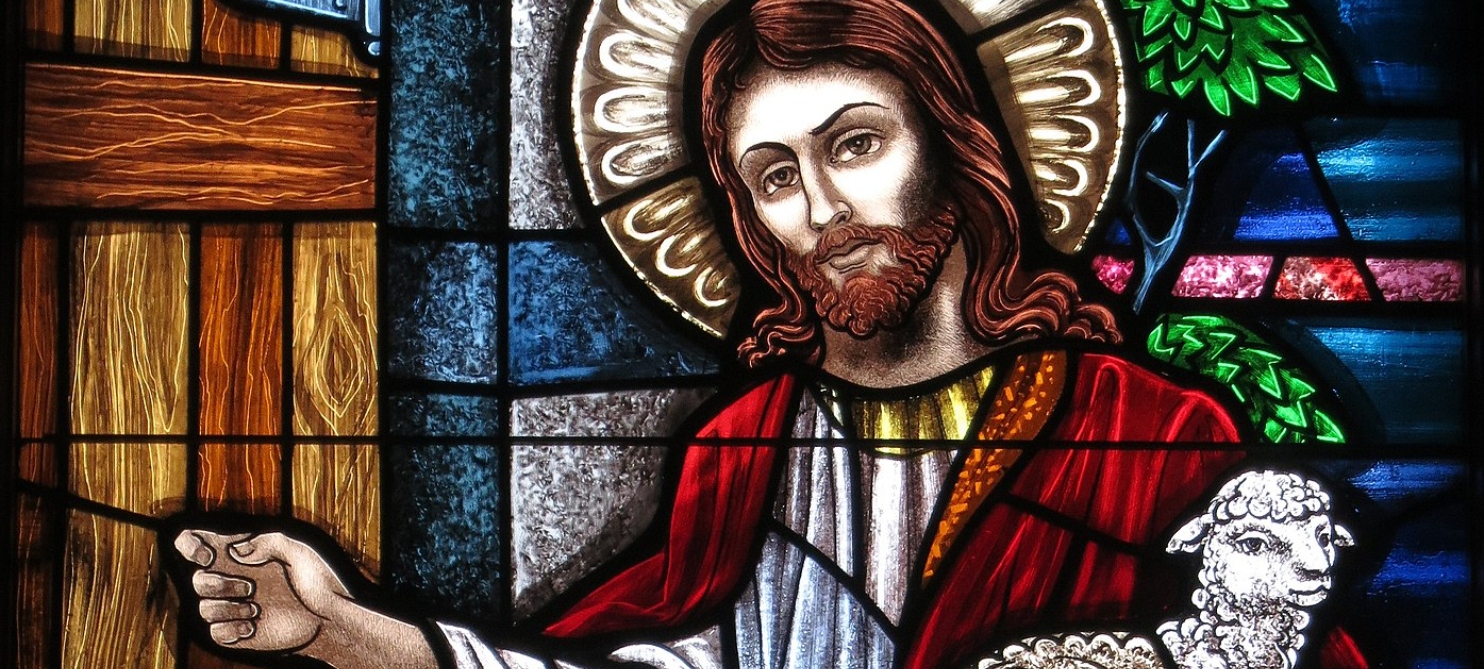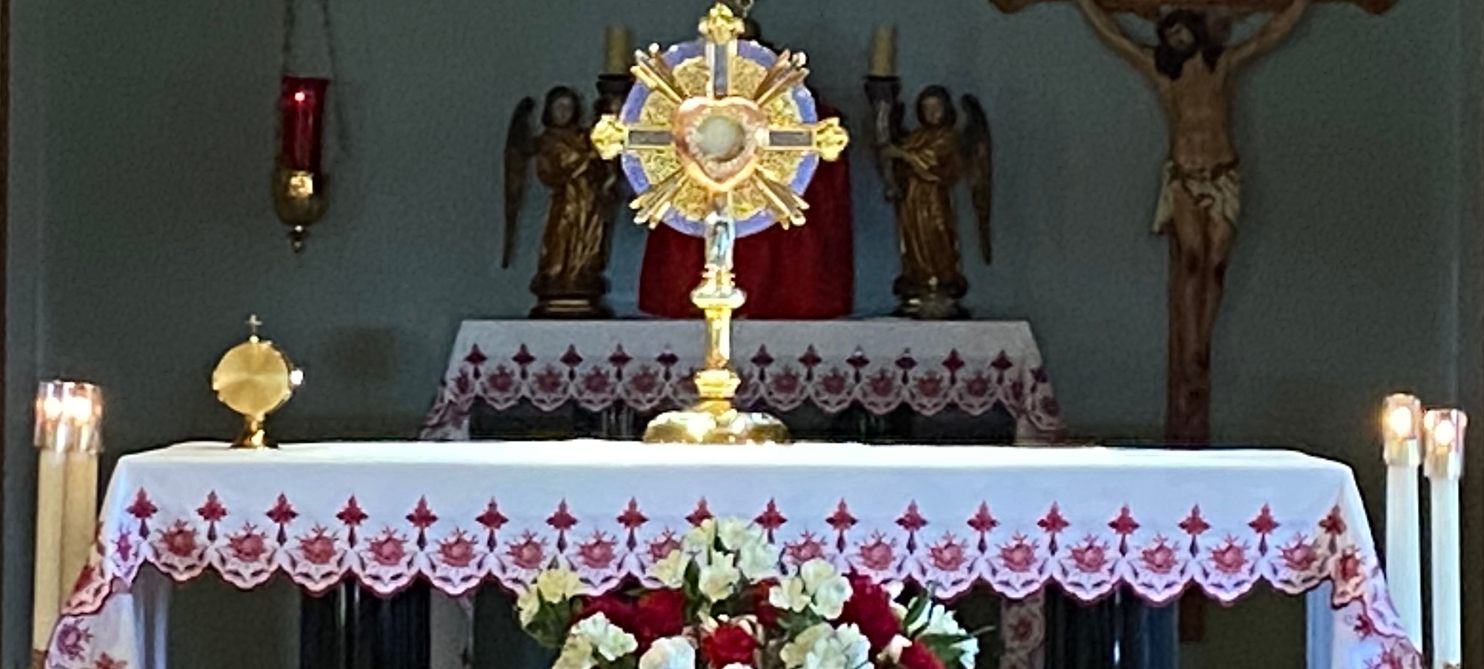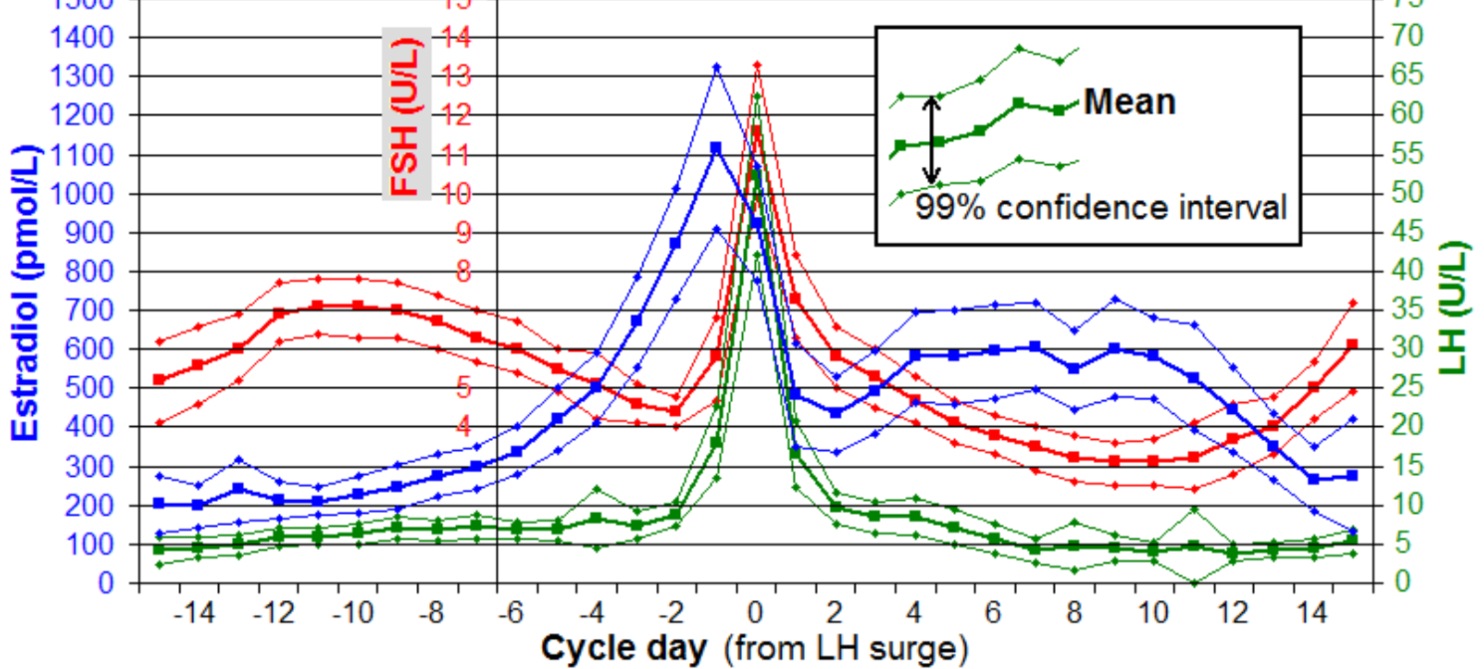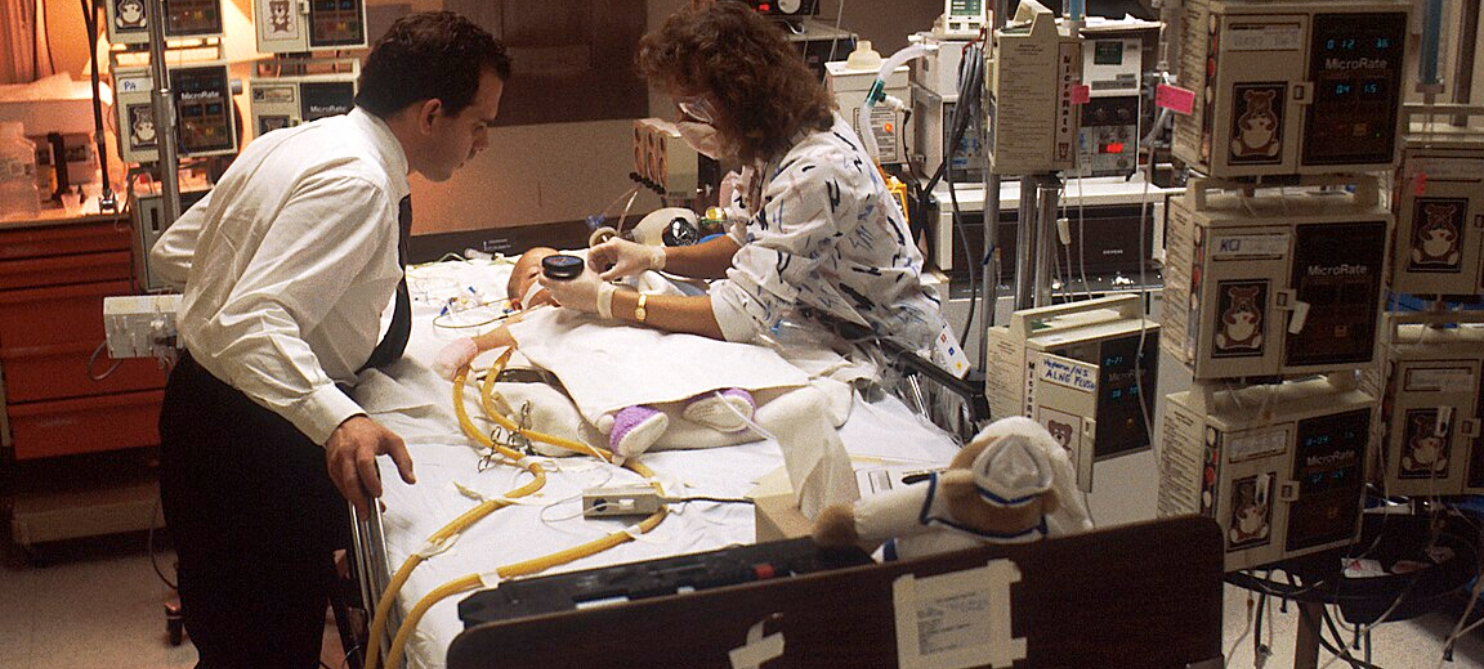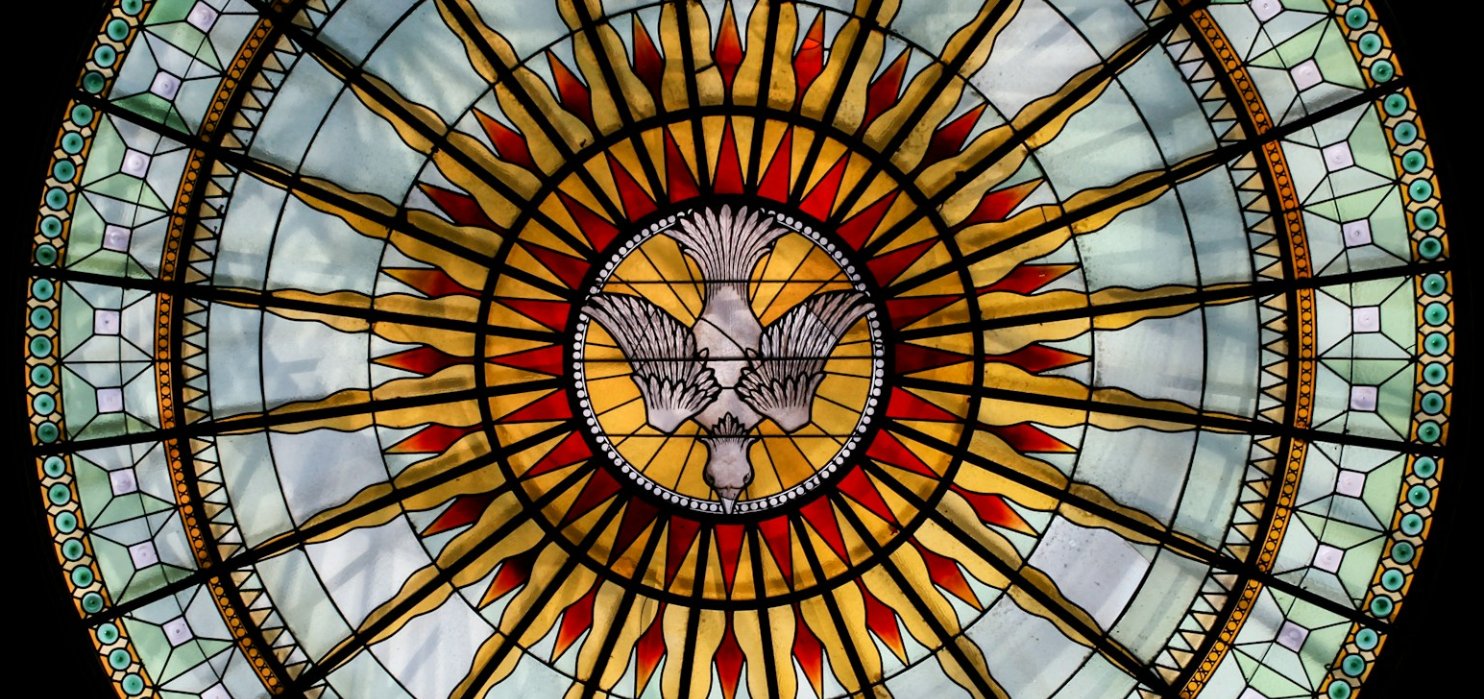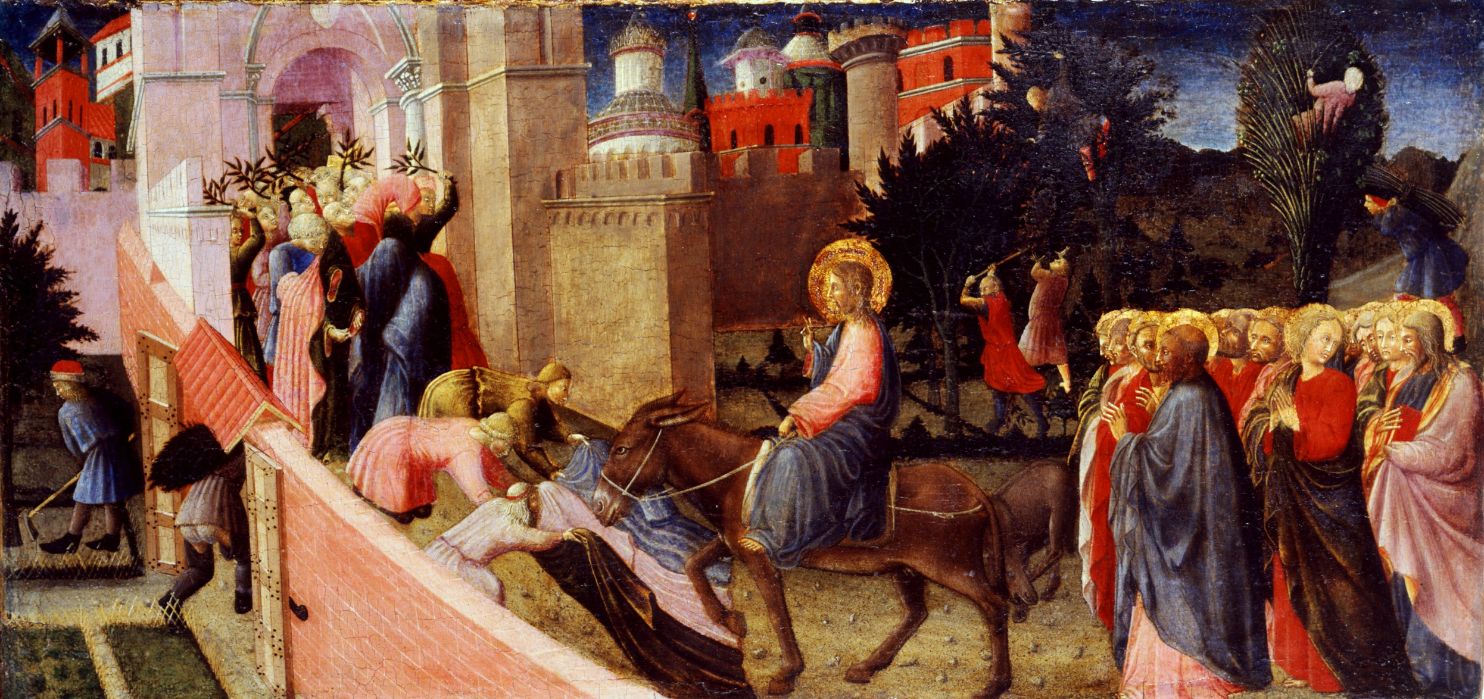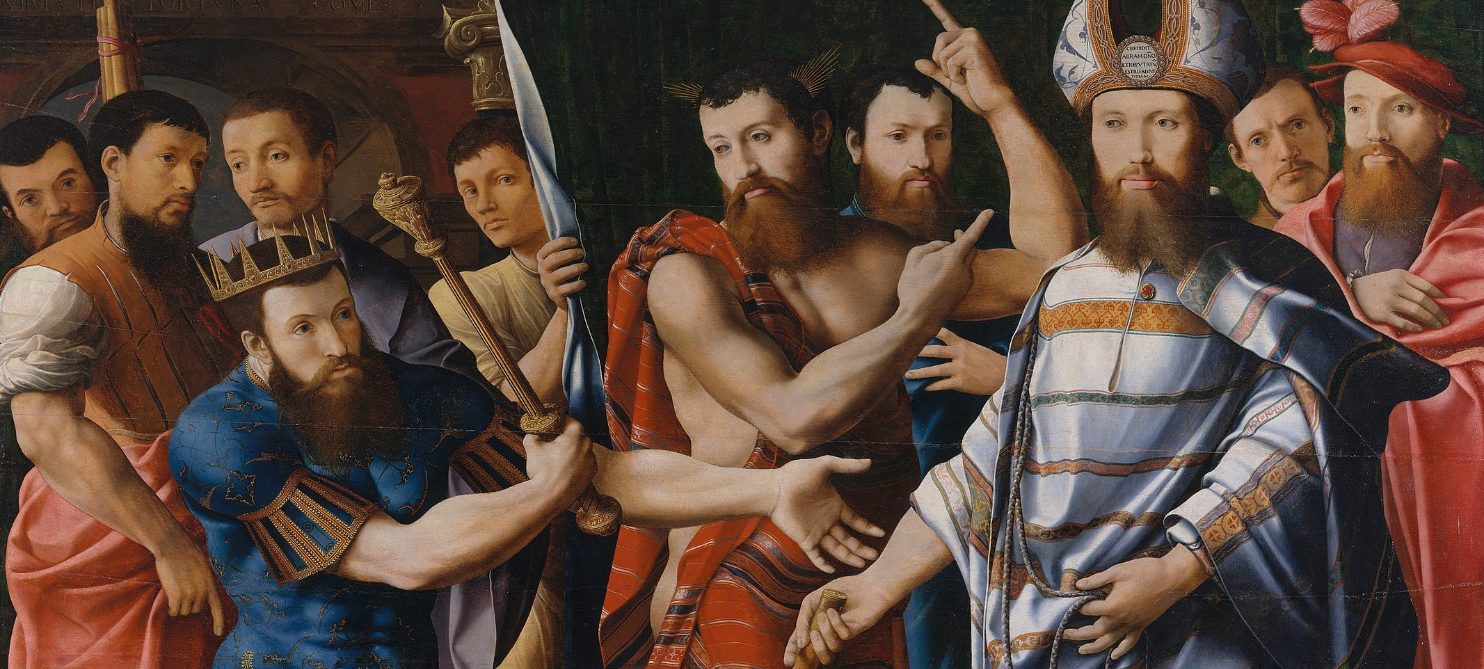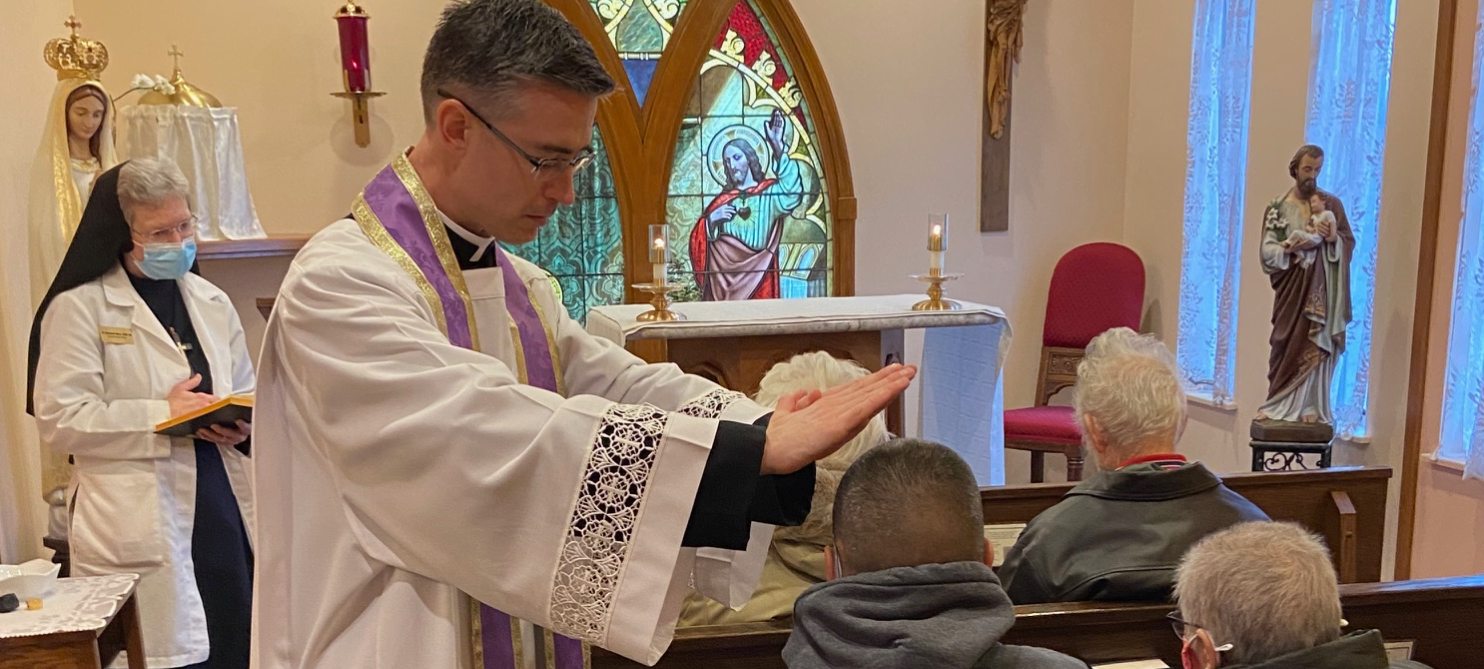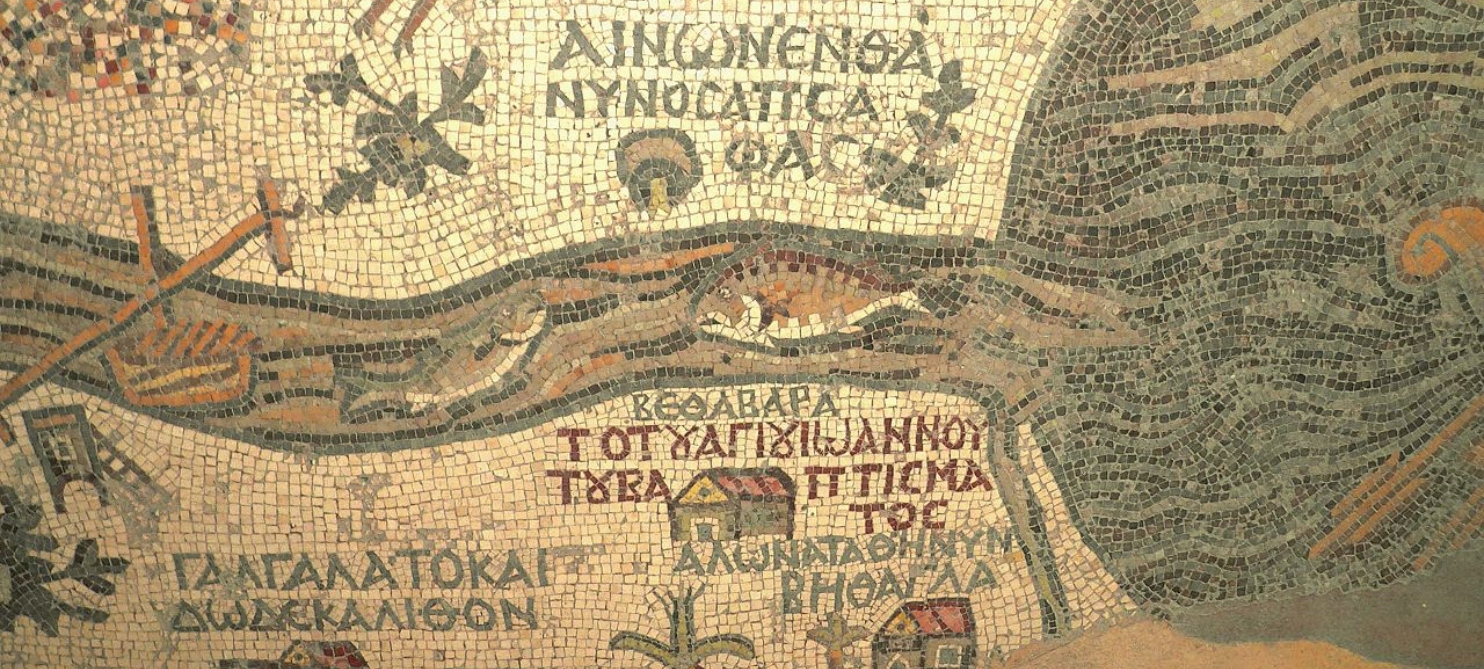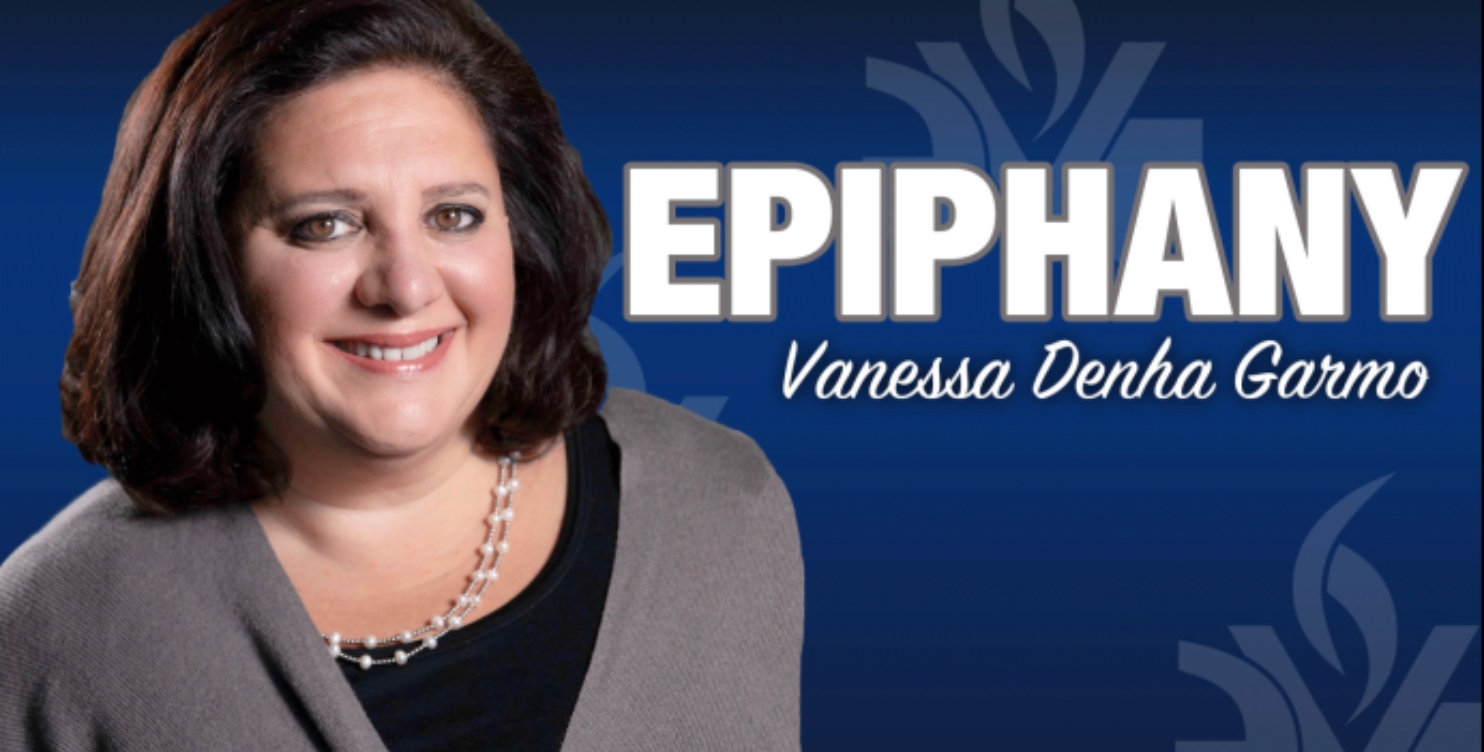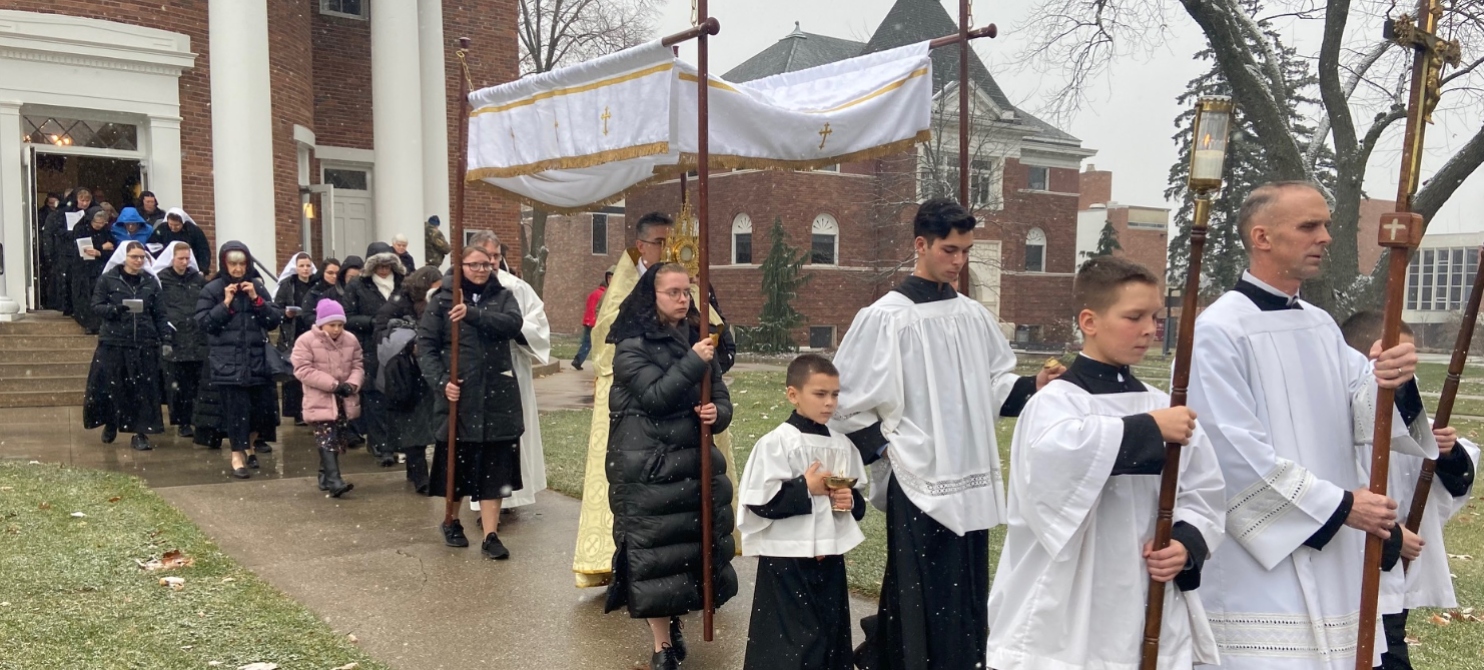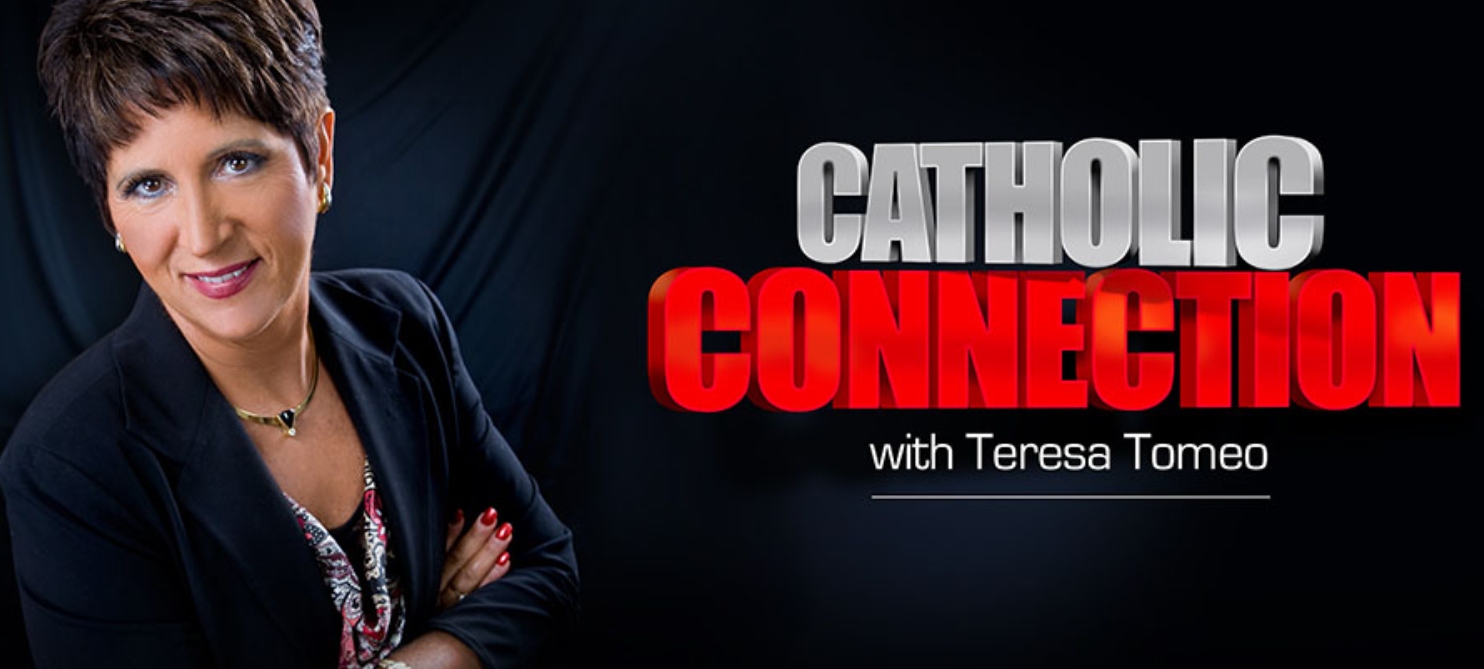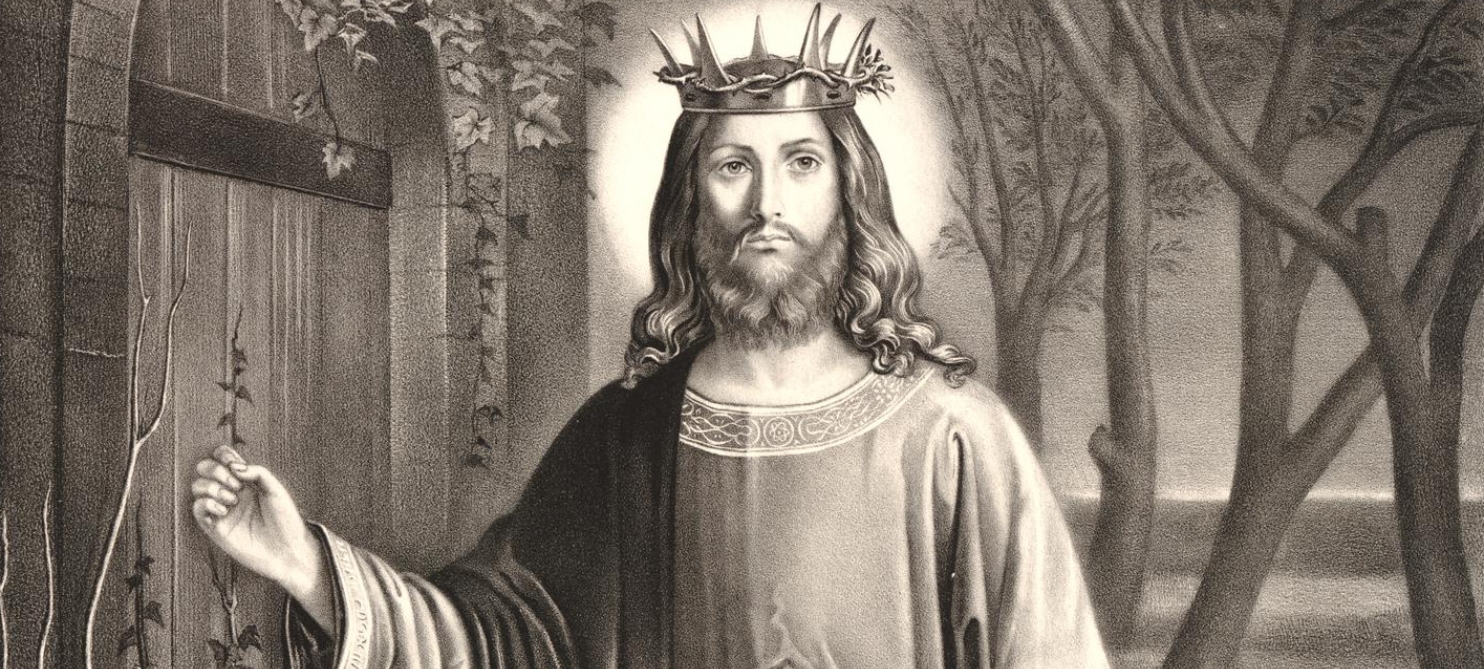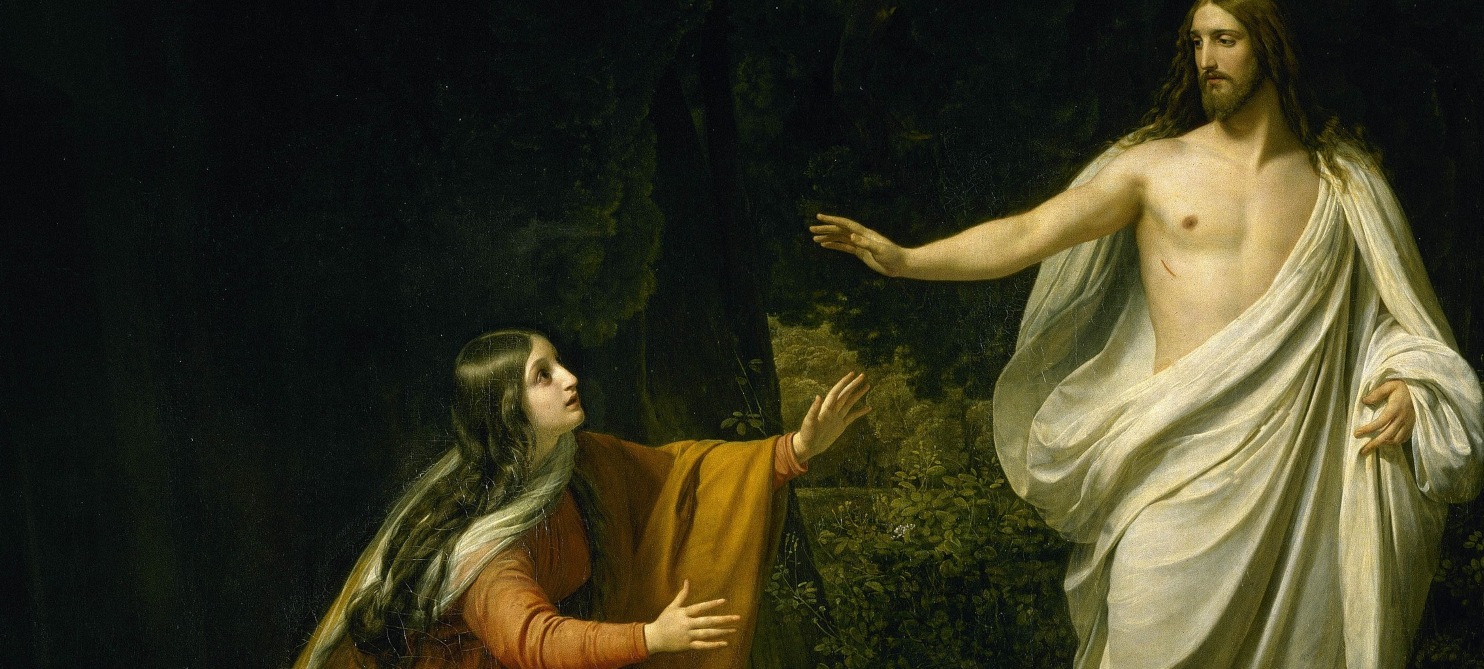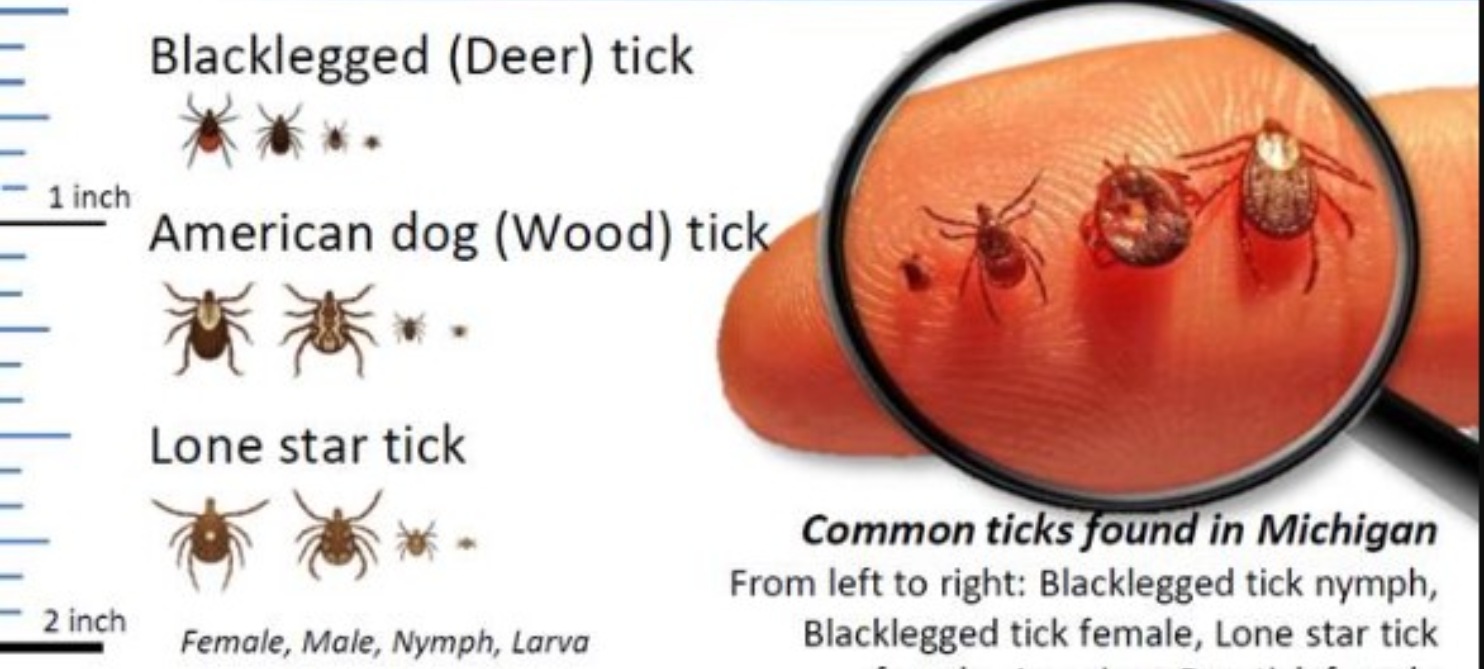Take your son, your only son, whom you love…and offer him as a whole burnt sacrifice. These words, spoken to Abraham by God, must have been unbearable for him to hear. This was the child of promise, the son he loved, the sign that God would fulfill his word to make of Abraham descendants as numerous as the stars in the sky. Without understanding fully, Abraham told the boy, “God himself will provide the lamb.” Abraham went forth to slay his son, but being stopped by a voice from heaven, he spied a ram caught alive in the thorns. This became the lamb of sacrifice to God. [i]
The deeper meaning of the sacrifice
This story has a deeper meaning, however, then the anguish of a father torn by faith. God the Father took his Son, his only begotten Son, and sent him to take the place of our sins. Jesus Christ is the lamb prefigured in Genesis. Willing to be pierced and broken open, from his side flowed forth the gift of redemption and the birth of the Church, his instrument of grace for the world. In the Eucharistic sacrifice, He makes the ultimate offering of love to the Father. Then, Jesus takes us into His offering of praise to the Father, thereby giving us new life.
Read from God is Near Us: The Eucharist, the Heart of Life, written by Pope Benedict XVI
We read about this offering and sacrifice as it comes through both the old and the new covenant, culminating in the Eucharist, in God is Near Us: The Eucharist, the Heart of Life, written by Pope Benedict XVI. The following excerpts show the connection between the Abraham’s sacrifice and the sacrifice Jesus made for us:
“Abraham, in the end, does not sacrifice anything he has prepared himself but offers the ram (the lamb) that has been offered to him by God. Thus, through this original sacrifice of Abraham a perspective opens up down through the millennia; this lamb in the brambles that God gives him, so that he may offer it, is the first herald of that lamb, Jesus Christ, who carries the crown of thorns of our guilt, who has come into the thorn bush of world history in order to give us something that we may give. […] Even when Abraham was still on his way, and as yet knew nothing of the mystery of the ram, he was able to say to Isaac, with trust in his heart: Deus providebit – God will take care of us. Because he knew this God, therefore, even in the dark night of his incomprehension he knew that he is a loving God; therefore, even then, when he found that he could understand nothing, he could put his trust in him and could know that the very one who seemed to be oppressing him truly loved him even then. Only in thus going onward, so that his heart was opened up, so that he entered the abyss of trust and, in the dark night of the uncomprehended God, dared are to keep company with him, did he thereby become capable of accepting the ram, of understanding the God who gives to us that we may give. This Abraham, in any case, has something to say to all of us. If we are only looking on from the outside, if we only let God’s action wash over us from without and only insofar as it is directed towards us, then we will soon come to see God as a tyrant who plays about with the world. But the more we keep him company, the more we trust him in the dark night of the uncomprehended God, the more we will become aware that that very God who seems to be tormenting us is the one who truly loves us, the one we can trust without reserve. The deeper we go down into the dark night of the uncomprehended God and trust in him, the more we will discover him and will find the love and freedom that will carry us through any and every night. God gives that we may give. This is the essence of the Eucharistic sacrifice, the sacrifice of Jesus Christ; from the earliest times, the Roman Canon has expressed it thus: “De tuis donis ac datis offerimus tibi” – from your gifts and offerings we offer you.[ii]
the prayer of Jesus at the Last Supper is the heart of the Eucharist
Pope Benedict XVI continues:
The Canon of the Roman Mass developed directly from…Jewish prayers of thanksgiving; it is the direct descendent and continuation of the prayer of Jesus at the Last Supper and is thereby the heart of the Eucharist. It is the genuine vehicle of the sacrifice, since thereby Jesus Christ transformed his death into verbal form–into a prayer—and, in doing so, changed the world. As a result, this death is able to be present for us, because it continues to live in the prayer, and the prayer runs right down through the centuries. A further consequence is that we can share in this death, because we can participate in this transforming prayer, can join in praying it. This, then, is a new sacrifice he has given us, in which he includes us all: Because he turned death into a proclamation of thanksgiving and love, he is now able to be present down through all ages as the wellspring of life, and we can enter into him by praying with him. He gathers up, so to speak, the pitiful fragments of our suffering, our loving, our hoping, our waiting into this prayer, into a great flood in which it shares in his life, so that thereby we truly share in his sacrifice.[iii]
To read more of the writings from God Is near Us the Eucharist, the Heart of Life, click the image below:
Other posts about the Most Holy Eucharist:
[i] “Genesis 22 – New International Version.” Bible Gateway. Accessed November 9, 2020. https://www.biblegateway.com/passage/?search=Genesis+22. Gen 22:1-14
[ii] Pope Benedict XVI. God Is near Us: The Eucharist, the Heart of Life, 46–47. San Francisco: Ignatius Press, 2003. Bold emphasis added.
[iii] Ibid., 49–50
Posted November 2020
Updated January 27, 2021
